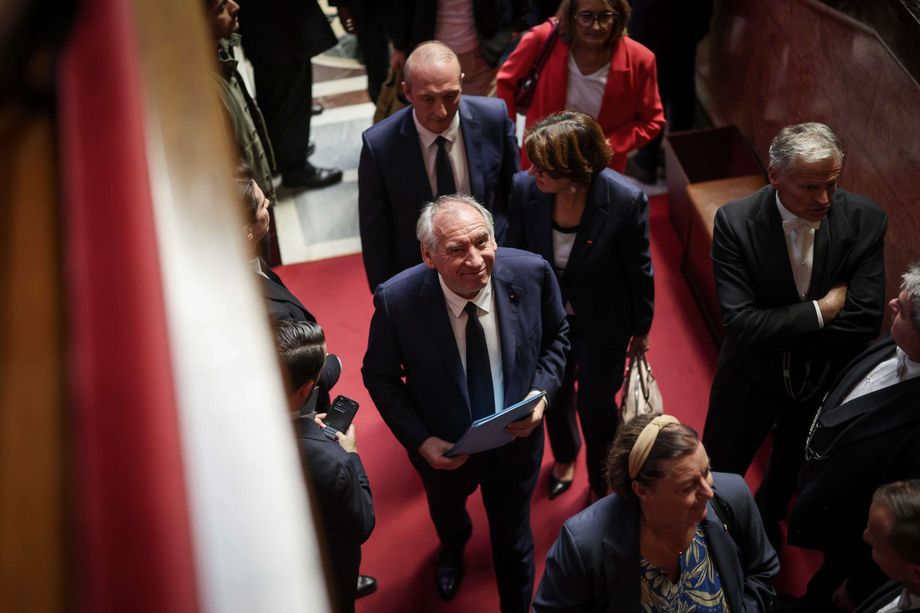French Government Topples Following Confidence Vote
Political correspondent specializing in government policy, elections, and legislative affairs

The French political landscape faces a significant shift as Prime Minister François Bayrou loses a crucial confidence vote, leading to his resignation. The outcome has sparked celebrations and debates across the nation, highlighting the ongoing challenges within France's economic framework.
In a dramatic turn of events, French Prime Minister François Bayrou has lost a confidence vote in the nation's parliament, as reported by Reuters. The loss signals the end of Bayrou’s short tenure, lasting only nine months, during which he became the fourth prime minister under President Emmanuel Macron in less than two years. The central issue of the vote was France's economic troubles, with public debt standing at an alarming 113.9% of the country's GDP and a budget deficit exceeding the EU's permissible limit, posing a formidable challenge for the government. Bayrou had proposed a €44 billion savings plan to tackle the national debt, but his efforts did not garner the necessary support.
As Bayrou prepares to submit his resignation to President Macron, the political scene in France is rife with speculation about the next steps. Macron is faced with the decision to appoint a seventh prime minister during his presidency or to dissolve the parliament and call for early elections. The political atmosphere is charged, with opposition parties, including the far-right National Rally and the far-left Unsubmissive France, calling for early elections and even Macron’s resignation. Despite these pressures, it appears likely that Macron will opt to appoint a new prime minister, focusing on stabilizing the government and addressing the urgent need for a budget approval amidst a divided parliament.
The urgency of the situation is underscored by the need for the new administration to secure parliamentary support to pass the budget. The fractured nature of the parliament complicates this task, demanding negotiations and compromises that could shape France's economic policies for years to come. Economic analysts stress the importance of swift action to prevent further financial deterioration and to restore confidence among international investors.
The fall of Bayrou’s government highlights the broader European challenge of balancing fiscal discipline with economic growth. France's struggle with fiscal policy reflects a larger tension within the EU, where member states must adhere to strict economic guidelines while addressing domestic demands. The outcome of France's political maneuvering will be closely watched across Europe, as it may influence broader EU economic strategies and stability.
About Sarah Mitchell
Political correspondent specializing in government policy, elections, and legislative affairs